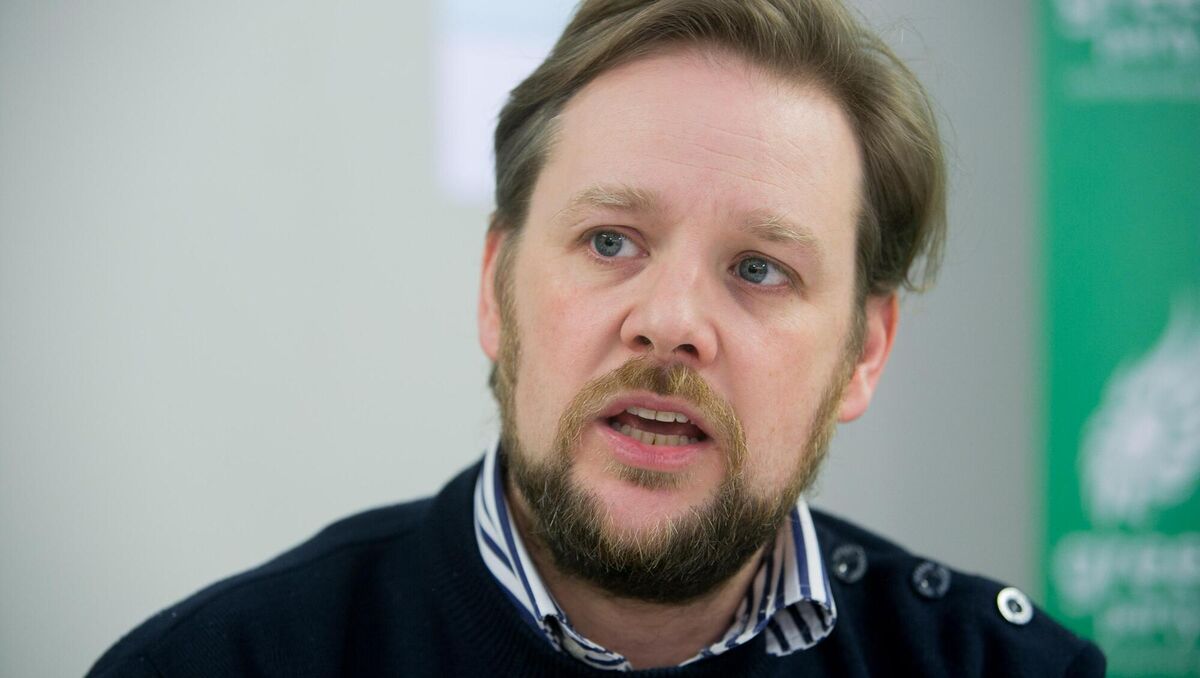Tánaiste in direct attack on Green TD over Ceta legal challenge

Tánaiste Leo Varadkar said taking a legal case against the State is worse than voting against the Government. File Picture
The Tánaiste has launched a direct attack on a Green party TD who is taking a legal case against the State, claiming it is worse than voting against the Government.
The decision of Patrick Costello to lodge High Court proceedings over the Comprehensive Economic Trade Agreement (Ceta) has caused significant divisions in Government.
Speaking at private party meeting, Leo Varadkar described the move as unprecedented and said it is more serious than voting against the Government in the Dáil.
He added that Mr Costello's argument that was he taking the challenge as a private individual and not an elected member of Government "didn't wash with him".
The Green Party TD said there is legal opinion that Ceta is unconstitutional and lodged the proceedings on Monday over whether a referendum would be needed on the controversial trade deal.

Mr Varadkar told the Fine Gael parliamentary party that he had spoken to Green party leader Eamon Ryan on the matter.
However, the Tánaiste told his party that he believes the court case will be thrown out as he could not see how legal action could be taken against a law or treaty before it has been passed.
Climate campaigners say Ceta would hamper efforts to tackle the climate emergency because a mechanism within the deal, the Investor Court System (ICS) allows for multinational companies to sue a State for damages if it introduces new laws or policies that the company thinks will reduce its future profits.
In a statement released to the , Mr Costello said: "I had sought the opinion of counsel on the ratification process, in particular the Investor Court System (ICS) element of Ceta which will come into effect if ratified.
"The ICS involves a transfer of sovereignty and of judicial power incompatible with the Constitution.
"It is the opinion of counsel that there is a good stateable case that the ratification of Ceta, and in particular the ratification of the ICS without a referendum would be contrary to Article 15 and Article 34 of the Constitution."










